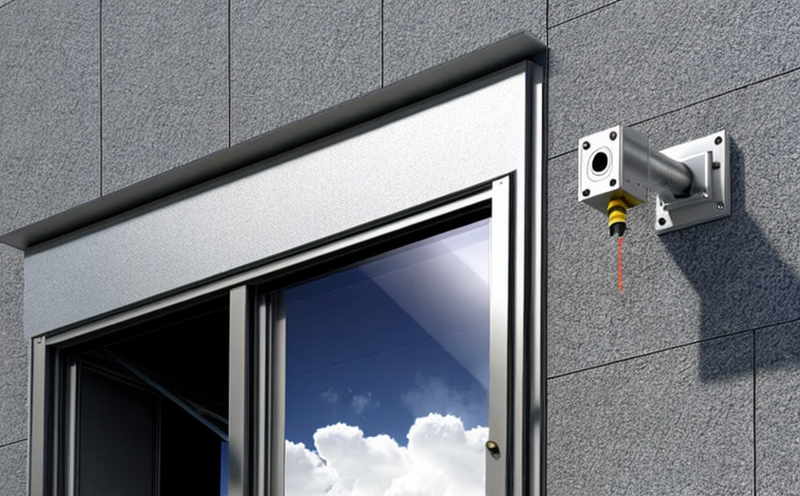Testing for heat retention in materials to improve building efficiency and comfort
Unlocking Energy Efficiency How Eurolabs Testing for Heat Retention in Materials Improves Building Comfort and Bottom Line
As the world becomes increasingly aware of the importance of sustainability and energy efficiency, businesses are looking for ways to reduce their environmental footprint while also improving the comfort and productivity of their occupants. One crucial aspect of achieving this goal is testing for heat retention in materials, a laboratory service provided by Eurolab that helps architects, builders, and facility managers make informed decisions about building design and construction.
In this article, well delve into the world of thermal performance testing, exploring its significance, benefits, and how our comprehensive services can help you create more efficient, comfortable, and profitable buildings.
What is Testing for Heat Retention in Materials?
Heat retention, also known as thermal mass or thermal inertia, refers to a materials ability to absorb, store, and release heat energy. This property is critical in building design, as it affects the indoor climate, energy consumption, and overall comfort of occupants. By testing materials heat retention properties, architects and builders can optimize their designs to minimize energy waste, reduce heating and cooling costs, and create healthier indoor environments.
The Importance of Testing for Heat Retention in Materials
With the growing demand for sustainable buildings, testing for heat retention has become an essential step in the design and construction process. Here are some compelling reasons why
Energy Efficiency By choosing materials with optimal heat retention properties, buildings can reduce energy consumption by up to This not only saves money but also minimizes carbon emissions.
Improved Indoor Air Quality Materials with high thermal mass can help regulate indoor temperatures, reducing the need for air conditioning and heating. This leads to improved indoor air quality, which is essential for occupant health and productivity.
Increased Comfort A well-designed building that considers heat retention properties provides a comfortable and healthy environment for occupants. This, in turn, boosts employee satisfaction, reduces absenteeism, and increases productivity.
Enhanced Durability Materials with high thermal mass tend to be more durable and require less maintenance, reducing repair costs and extending the lifespan of buildings.
Key Benefits of Using Eurolabs Testing Services
Our comprehensive testing services provide you with valuable insights into material performance, enabling you to make informed decisions about building design and construction. Here are some key benefits
Accurate Material Selection Our expert analysis helps you choose materials that meet your projects specific needs, ensuring optimal thermal performance and energy efficiency.
Improved Building Design By considering heat retention properties from the outset, architects and builders can create more efficient, comfortable, and sustainable buildings.
Compliance with Regulations Our testing services ensure compliance with relevant building codes and regulations, reducing the risk of costly rework or fines.
Cost Savings By optimizing material selection and building design, our clients achieve significant cost savings on energy consumption, maintenance, and repair.
Frequently Asked Questions (FAQs)
Weve compiled a list of common questions to help you better understand the importance of testing for heat retention in materials
What types of materials can be tested?
Insulation
Windows and glazing
Walls and partitions
Flooring
Roofing
How does Eurolabs testing process work?
Sample collection and preparation
Testing using advanced equipment (e.g., thermal imaging cameras, calorimeters)
Data analysis and reporting
What are the typical turnaround times for test results?
Standard tests 1-3 days
Complex or specialized tests 5-10 working days
Can I trust Eurolabs testing services?
Yes, our team consists of experienced professionals with a proven track record in thermal performance testing.
Our laboratory is equipped with state-of-the-art equipment and follows strict quality control protocols.
Conclusion
In conclusion, testing for heat retention in materials is an essential step in creating energy-efficient, comfortable, and sustainable buildings. By leveraging Eurolabs comprehensive services, architects, builders, and facility managers can make informed decisions about material selection and building design, ultimately reducing costs, improving occupant health, and minimizing environmental impact.
Whether youre designing a new building or optimizing an existing one, our team is here to help. Contact us today to learn more about how Eurolabs testing services can transform your building projects and contribute to a more sustainable future.




